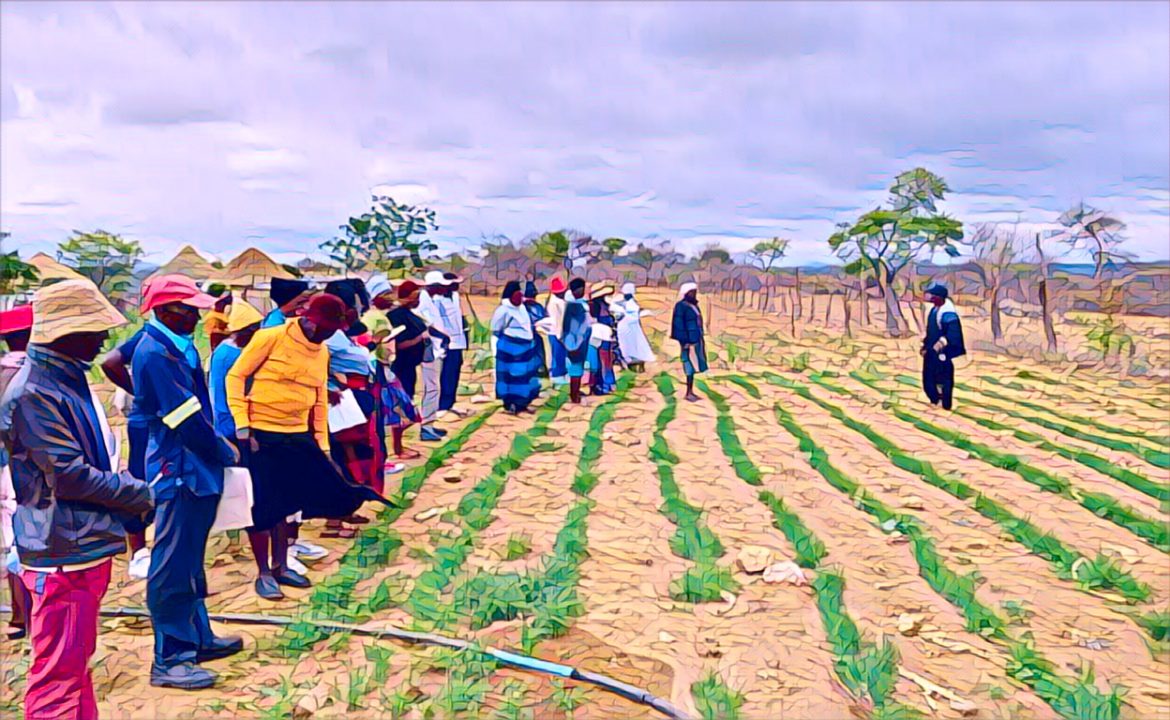KEY POINTS
- Zimbabwe begins paying white farmers 1% of $311 million compensation for lands seized in 2000 reforms, with dissenters calling it inadequate.
- A faction rejects the deal, citing broken 2020 promises of $3.5 billion cash payments, while aging farmers fear dying before full settlement.
- The dispute reflects ongoing tensions over colonial land imbalances as Zimbabwe seeks international re-engagement amid economic recovery efforts.
A group of white farmers in Zimbabwe, many of whom lost their land during the country’s land reforms in the early 2000s, has formally rejected the government’s compensation package.
This group represents a significant number of farmers who were affected by the controversial land redistribution program launched by the then-President Robert Mugabe.
According to The Independent, the government’s recent move to offer compensation payments has sparked further dissatisfaction, as farmers argue the compensation is insufficient and unfair. The group insists that the government should reopen negotiations, claiming the offer is not only inadequate but also based on unrealistic timelines and terms.
“We are not rejecting compensation altogether, but the current deal being offered does not address the realities of the situation,” said Deon Theron, a representative for the dissenting farmers. “The payments being made are a fraction of what was promised, and they are only being accepted by a few farmers out of sheer desperation.”
The land reform program, which was initiated in 2000, aimed to address colonial-era land inequalities by redistributing land from white farmers to Black Zimbabweans. While the government claims that approximately 300,000 Black families were resettled on the acquired land, the policy resulted in the displacement of nearly 4,000 white farmers.
In response to growing international pressure and the need for debt resolution, Zimbabwe’s finance minister Mthuli Ncube announced last week that the government had begun making payments to affected farmers. According to the deal, farmers will receive a 1% cash payment of their total compensation claim, with the remainder to be settled via government-issued treasury bonds over the course of the next decade.
However, the proposed amount falls far short of the $311 million total compensation sum, which the government had initially agreed to. For instance, farmers are receiving a mere $3.1 million in cash to start, with the rest tied up in treasury bills that they argue are impractical for older farmers who need immediate funds.
“These treasury bonds are a long-term solution, but for the farmers in their 70s and 80s, this deal offers little hope,” Theron added. “Many of them will not see the full compensation before their deaths.”
Farmers urge immediate cash payments
While the government has confirmed that 378 out of the 740 farms initially approved for compensation have begun to receive payments, the dissenting group remains vocal in its opposition. Andrew Pascoe, who represents the farmers who have accepted the deal, described the situation as one of necessity. “Farmers who accepted the government’s deal are extremely grateful for the help, but we acknowledge that it is far from what was initially agreed upon,” he said.
In addition, the Zimbabwe government’s compensation plan comes as part of a broader strategy to engage with international creditors and repair its strained relations with Western nations, which imposed sanctions after the land seizures. The compensation deal also aims to bring closure to the protracted land dispute. However, the growing frustration among farmers suggests that the solution may not be as simple as the government hopes.
Land ownership remains a deeply sensitive and divisive issue in Zimbabwe and many neighboring countries in Southern Africa. While the government views the land reform as a necessary step to address historical injustices, critics claim that the policy’s implementation was disruptive and detrimental to the economy.
As the situation continues to unfold, both sides of the debate are unlikely to find common ground easily. The government remains firm on its position, while farmers insist that more urgent and equitable solutions are needed to address the issue of compensation.
“We are not backing down,” Theron concluded. “We will keep pushing for what is rightfully ours, but we won’t resort to legal action for now. Instead, we are asking the government to come back to the table for honest discussions.”


